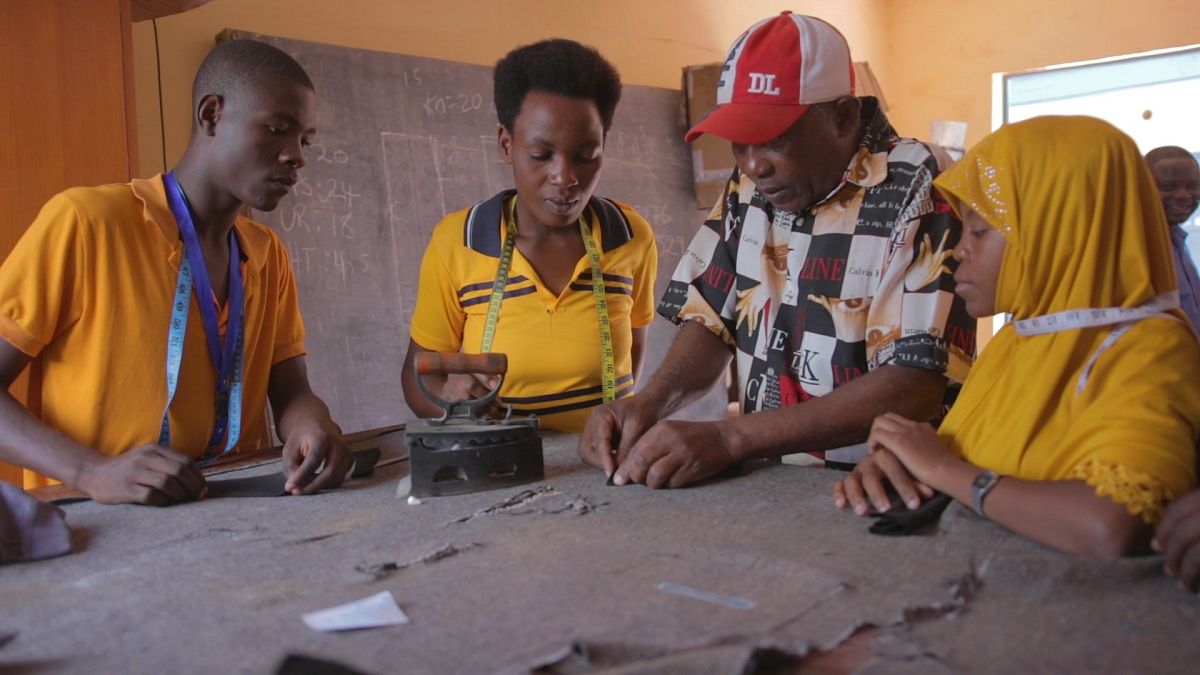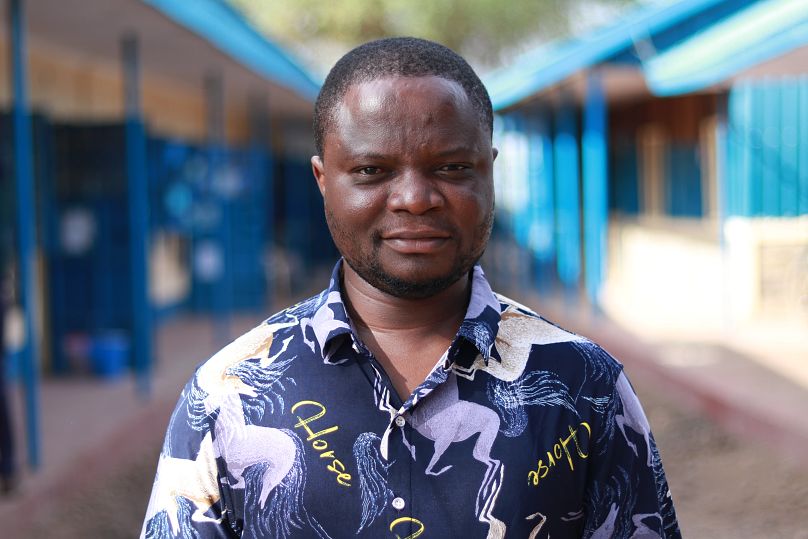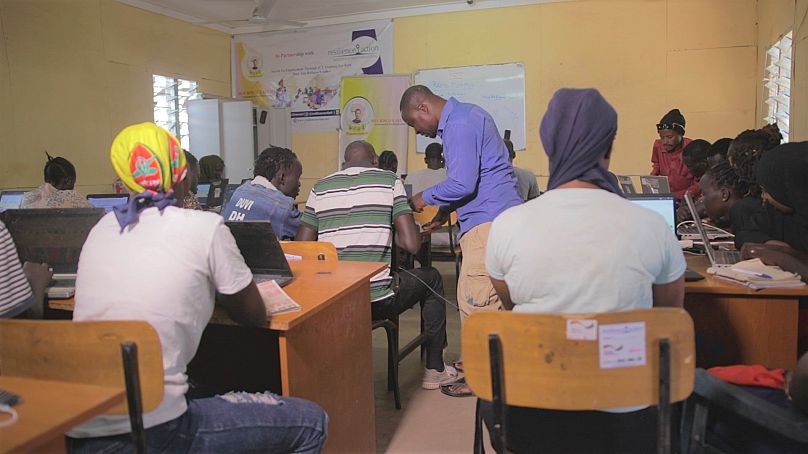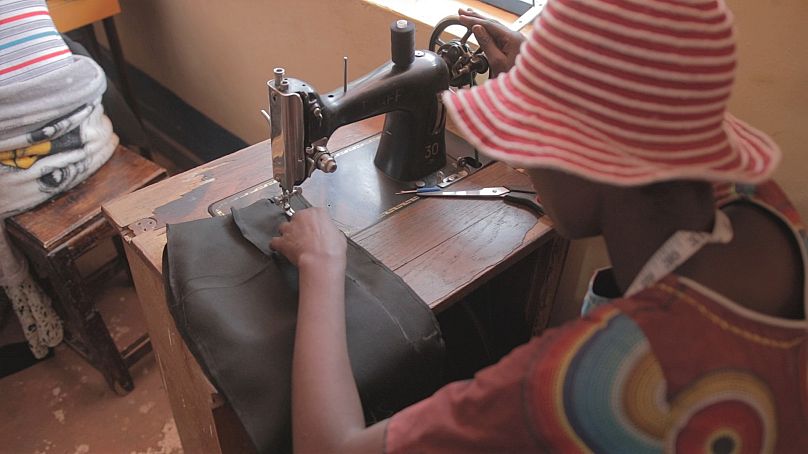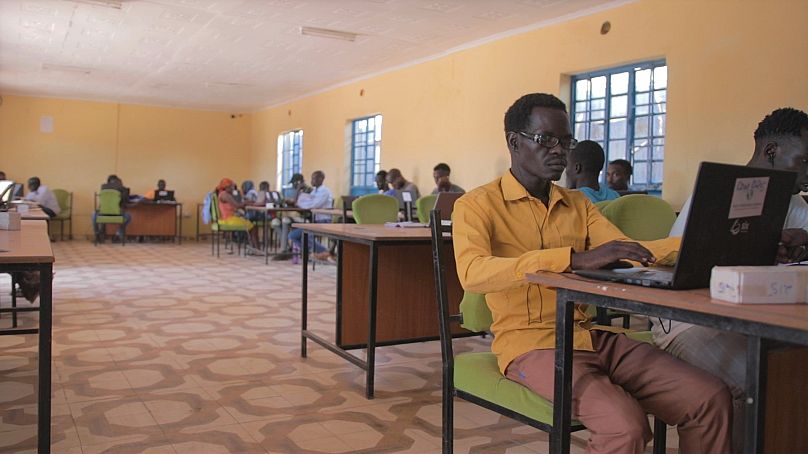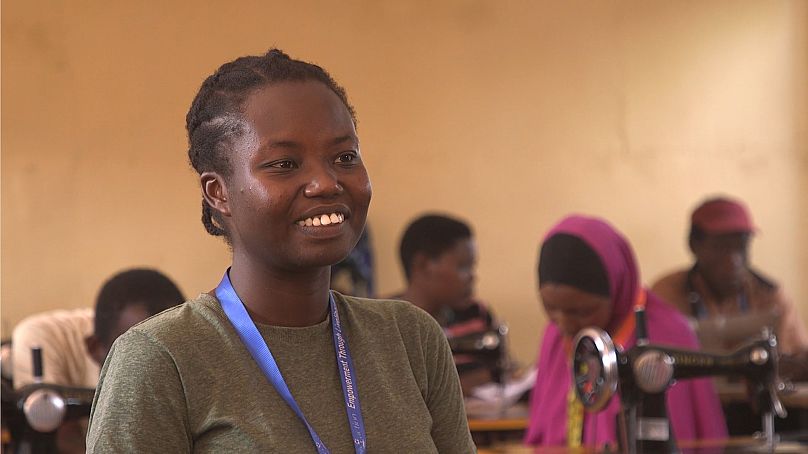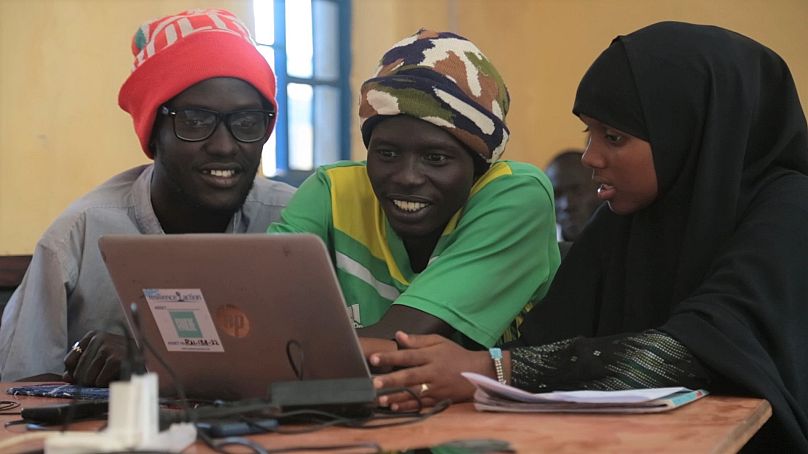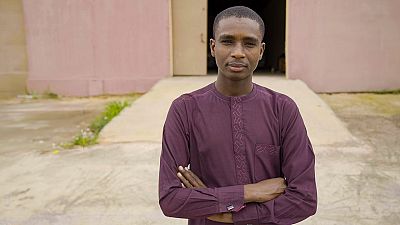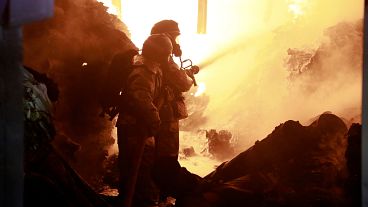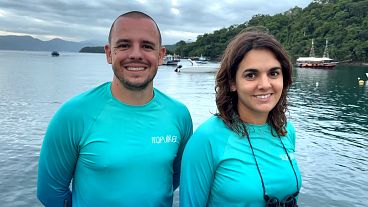In partnership with Media City, Qatar
SCENES shines a spotlight on youth around the world who are breaking down barriers and creating change. The character-driven short films will inspire and amaze, as these young change-makers tell their remarkable stories.
Throughout Africa's eastern regions, conflicts and prolonged periods of drought have resulted in the displacement of numerous communities from their homes.
Kenya has become a key destination for many refugees seeking shelter over the past 30 years due to its political stability. According to the UN refugee agency (UNHCR), there are more than half a million refugees in Kenya, 41% of which reside in Kakuma's refugee camp.
Refugees for refugees
A community organisation based inside the camp is making a difference in the lives of refugees.
"Our main focus is to make sure that people are getting a very good education." Vasco Hamzy, the co-founder of Resilience Action International, tells SCENES.
The civil war in his home country of Congo forced Vasco to flee to Kenya. As a refugee himself, he saw an opportunity to help other refugees acquire essential skills that could enable them to secure employment.
Resilience Action International, also known as SAVIC, was founded in 2010 in response to the increasing prevalence of social issues in the area, including underage marriage and the language barriers refugees face in Kenya.
To combat these issues, the centre started offering classes to refugees. "We started as a small group. In 2014 we formally registered as a community-based organisation," said Vasco.
Education, Health and Livelihood
The centre divides its courses into three sectors; education, sexual reproductive health, and livelihood. According to Gloria Manura Metutu, a programme manager in the centre, the educational sector provides digital and language courses for refugees. Enrolling in these courses enhances their English skills and improves their job prospects.
The livelihood sector provides business training and offers small business loans and grants for startups. Completing the training gives the refugees the tools and knowledge they need to start a business and support themselves.
The centre also offers an in-depth tailoring course and a loan program for students to acquire sewing machines. This allows graduates to utilise their skills and generate income while repaying the loan and pursuing entrepreneurial aspirations.
The sexual reproductive health program is open to males and females under age 35. The course was designed to help them understand their rights and how to care for themselves.
ICT Courses
Gloria and the team noticed a gap in digital skills and knowledge within the camp. "So, we decided that it would be beneficial for the youth to have digital skills," she said.
"Nowadays, the majority of the things that we do are digital." says Gloria, "When it comes to communication, when it comes to jobs and employment, there's a lot of computers involved," says Gloria.
The ICT courses are open to all refugees, regardless of age, nationality and religion. Young mothers, in particular, are encouraged to participate, "if we don't train our teenage mothers, they will be left back and will just remain behind in the world." Vasco explained.
A new reality
With the help of donors, the centre has cultivated accomplished alums who have forged careers within the digital space. Others have established their own entrepreneurial ventures. Some of these students have become teachers in the centre.
"Seeing our alumni become successful means that the change that we are offering to the community is becoming a reality," Gloria concluded.
Hopes for the future
Vasco says that the organisation has made huge strides in its mission to eliminate the issues prevalent in the refugee community. Thanks to their initiative, issues like language barriers are now essentially a thing of the past.
Establishing a non-profit educational centre for refugees has its challenges. Due to the rising influx of refugees in Kakuma and the requirement for additional funding, the centre needs extra support to help more people.
"Our future vision is to expand and to reach in different corners of the world." says Vasco, "To make sure that we can provide the same skills that we love to provide to other fellow refugees who are in different countries. It's not only Kenya that has refugees" he concluded.
The team is aware that reaching their goal will be complex. Despite this, they are confident that the organisation is making every effort to succeed.

